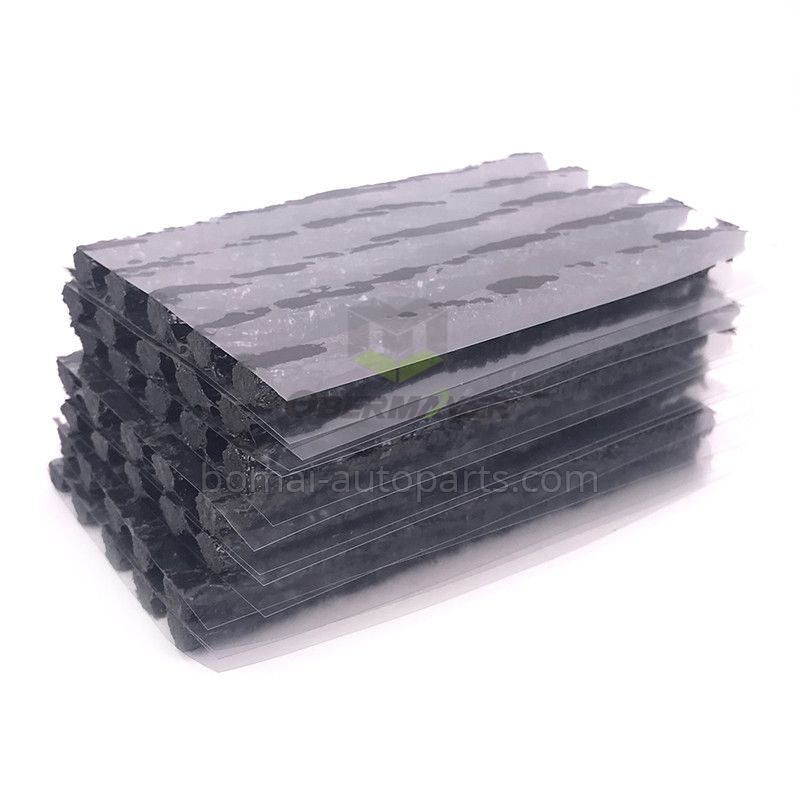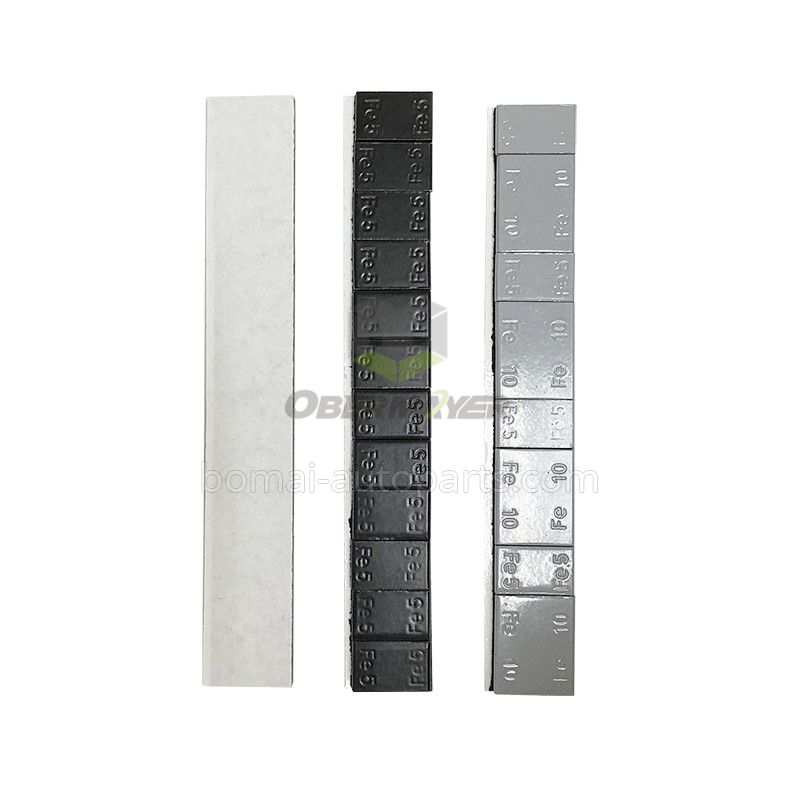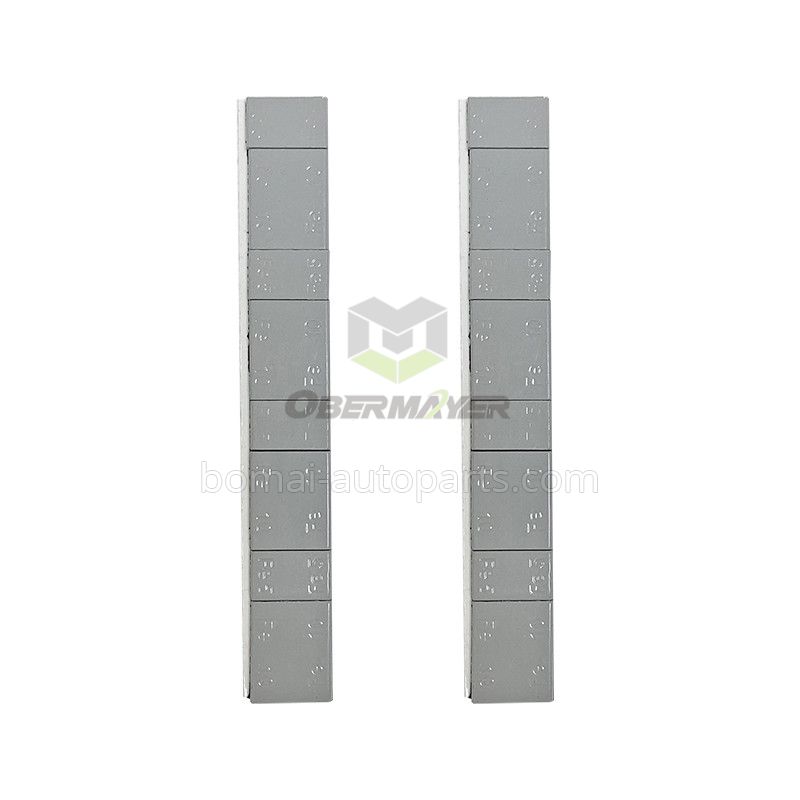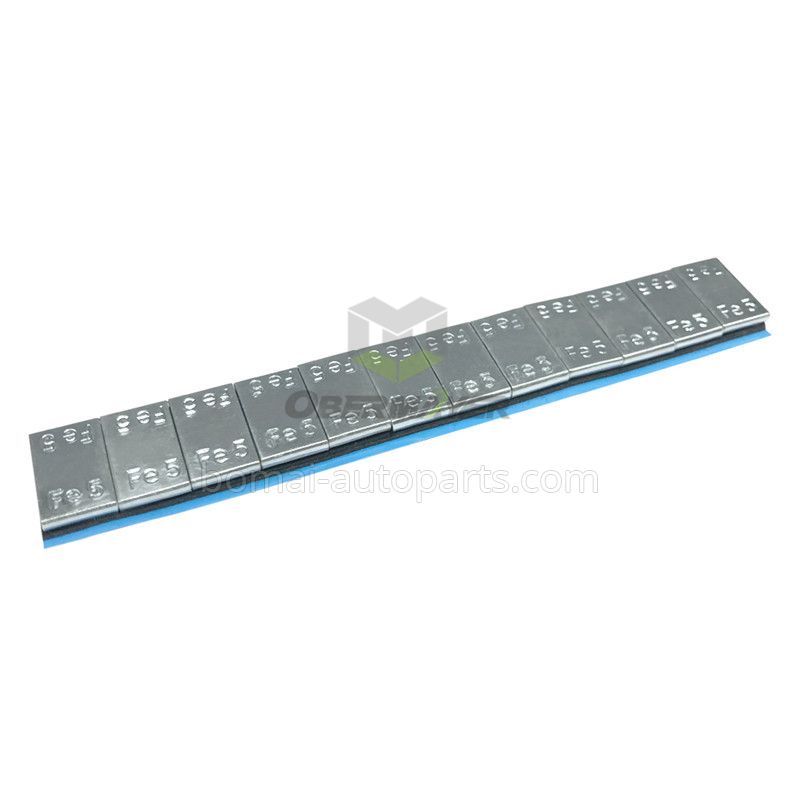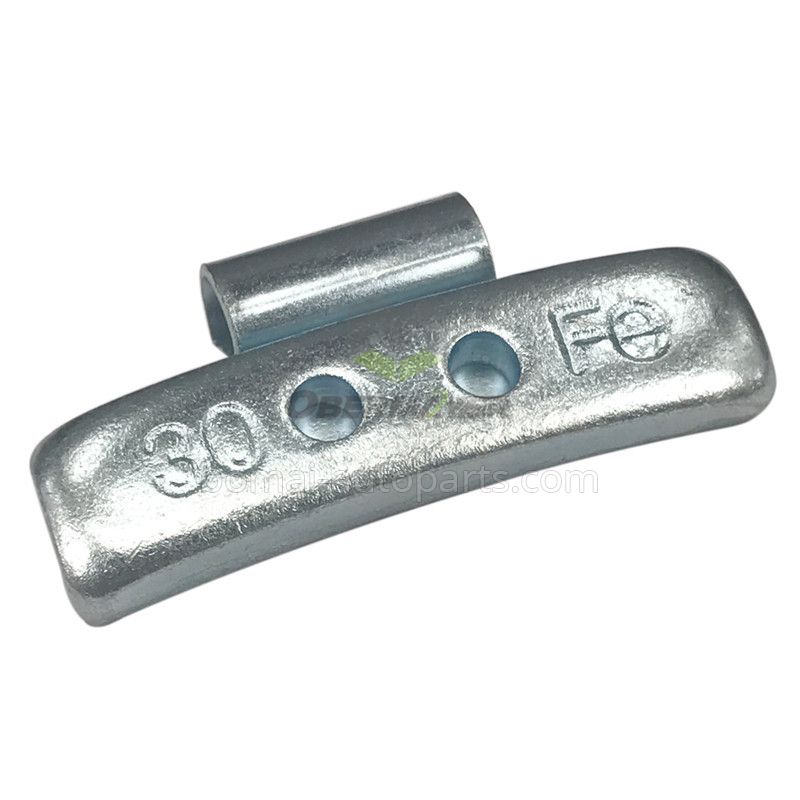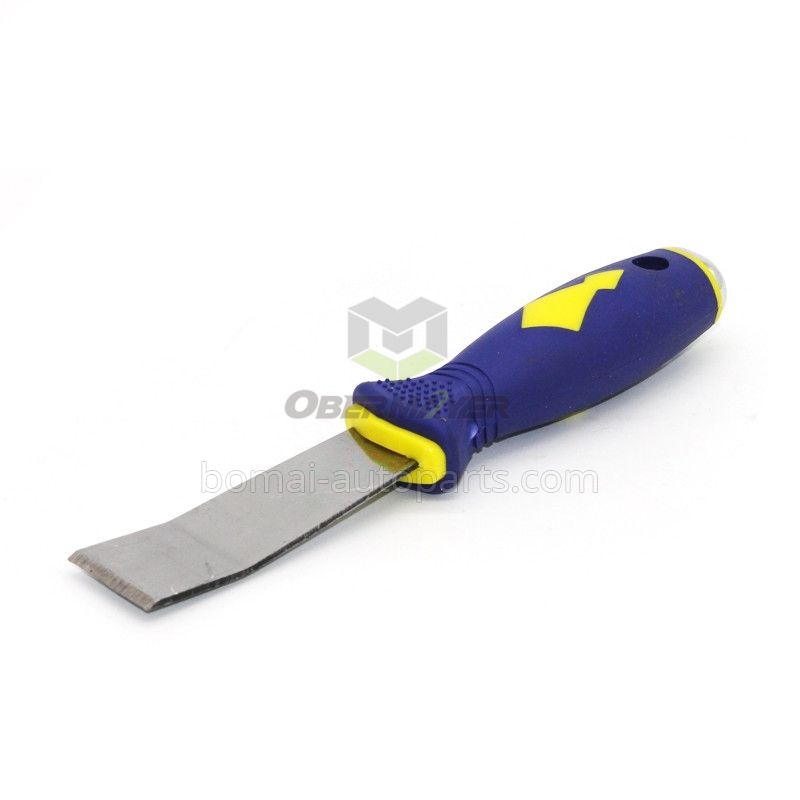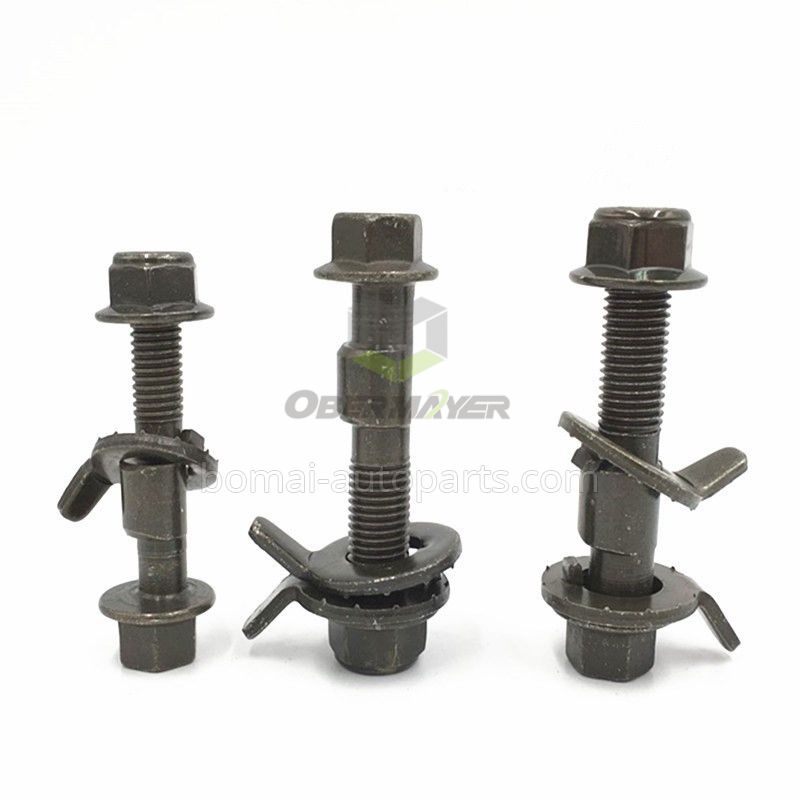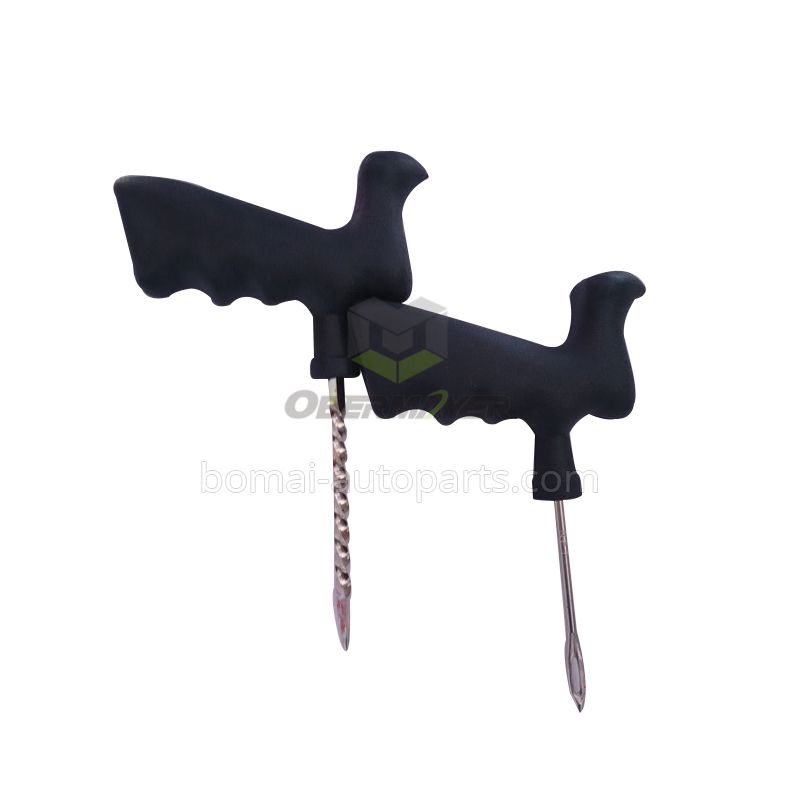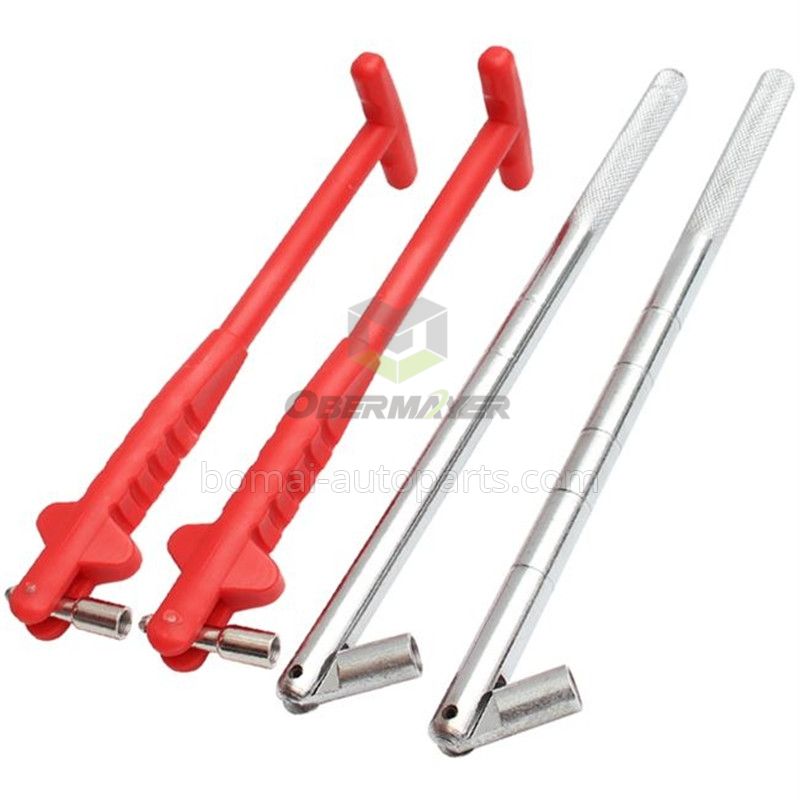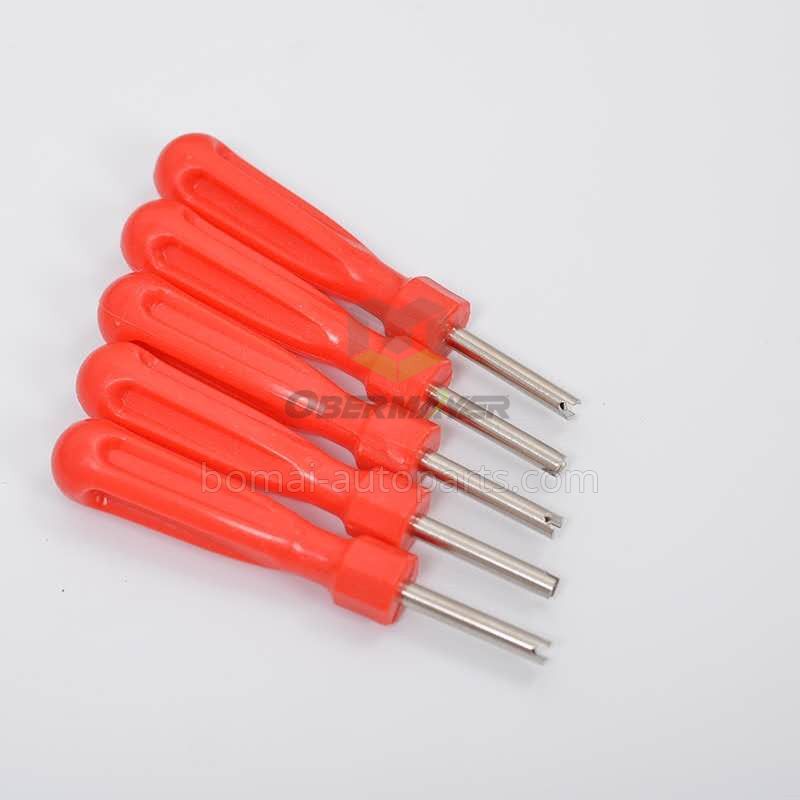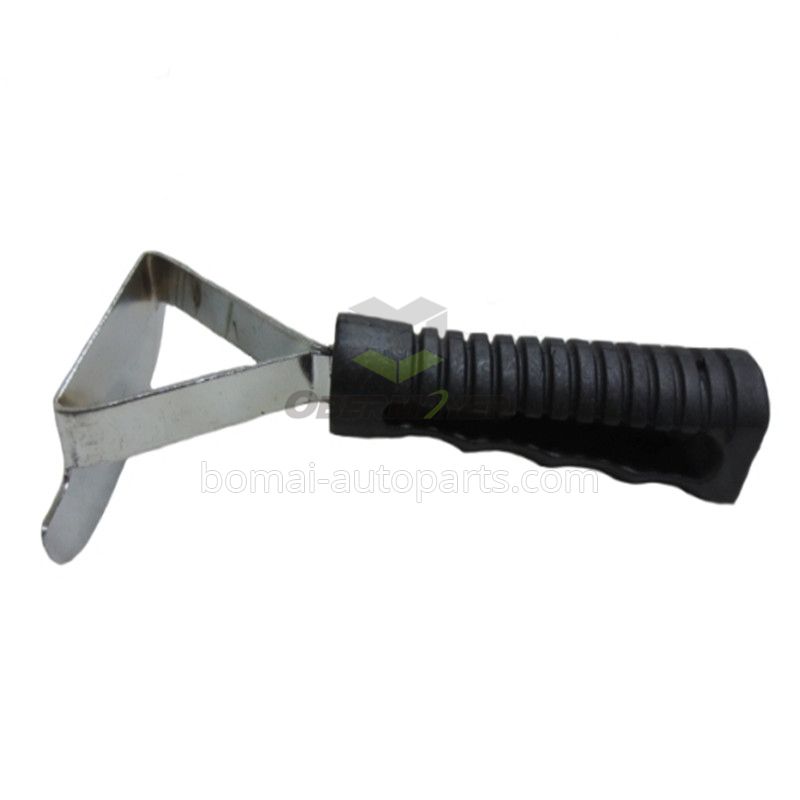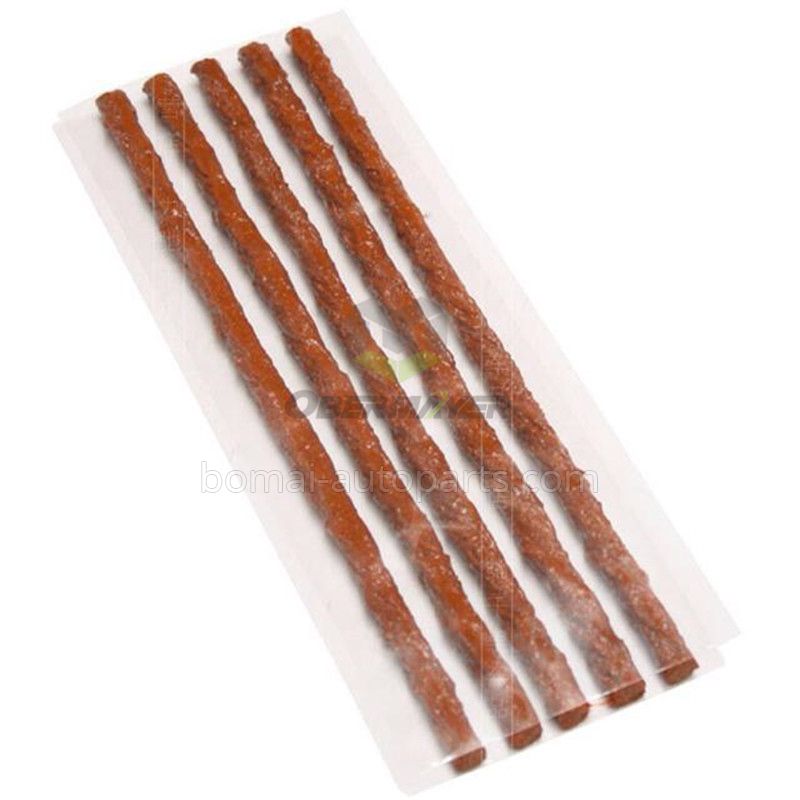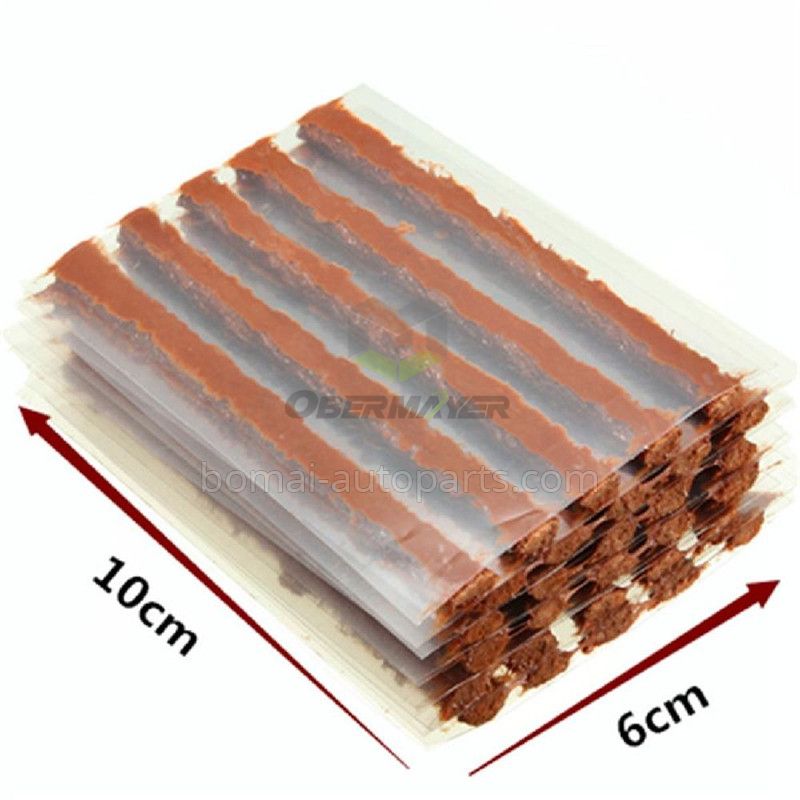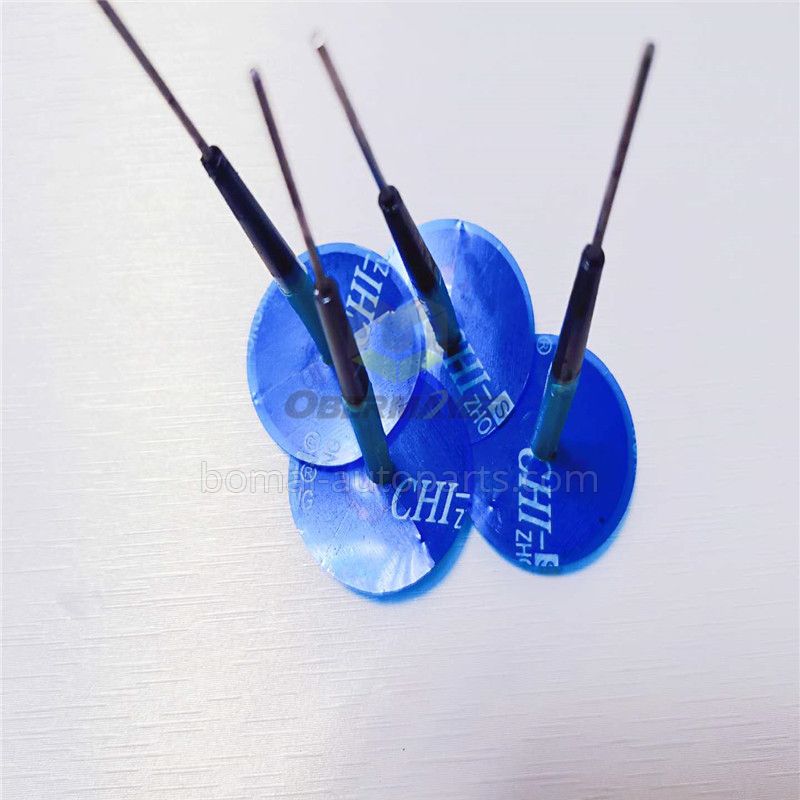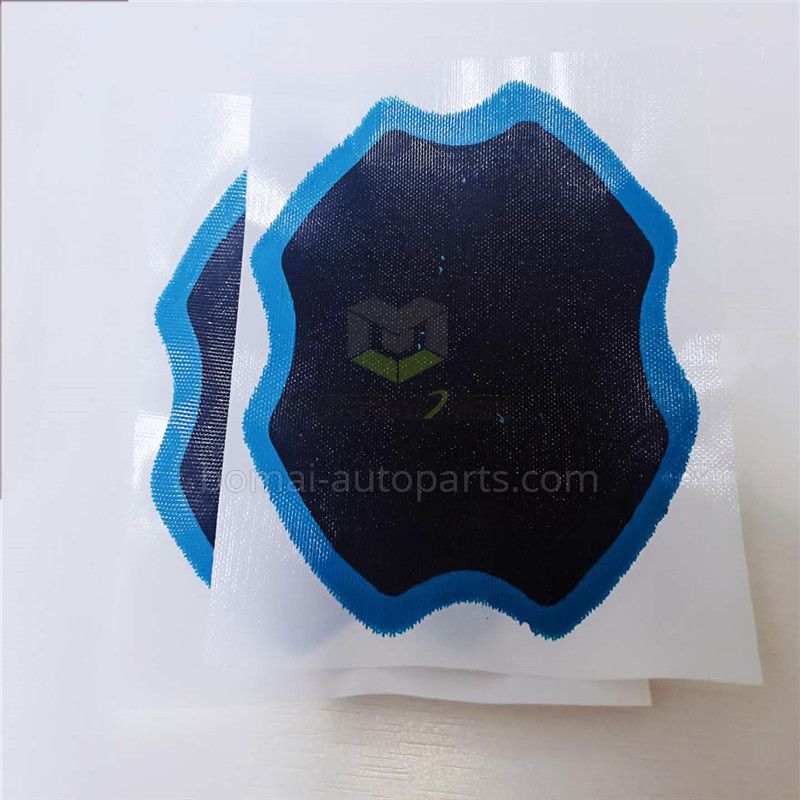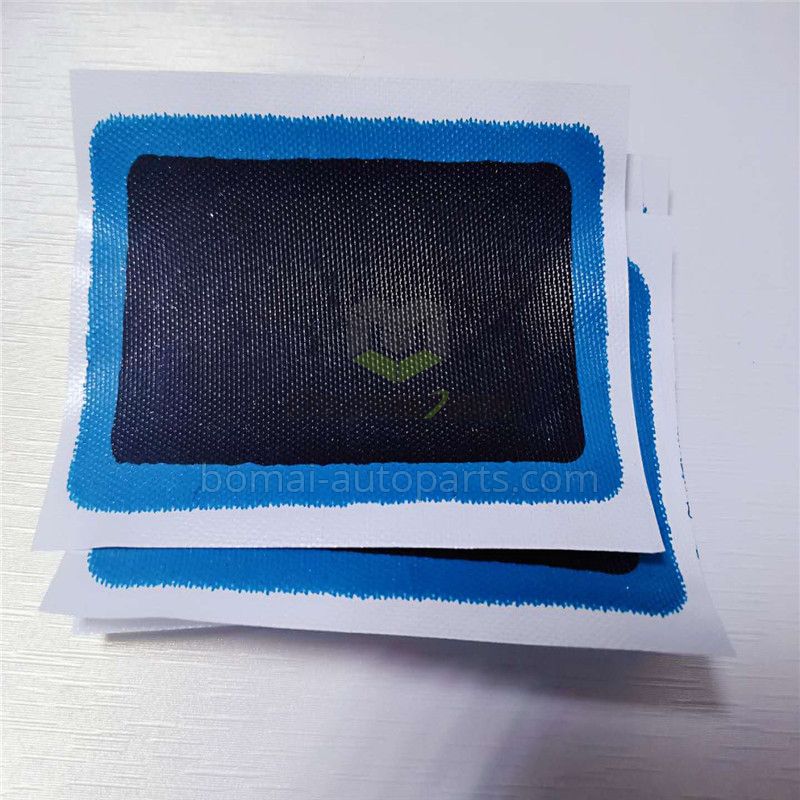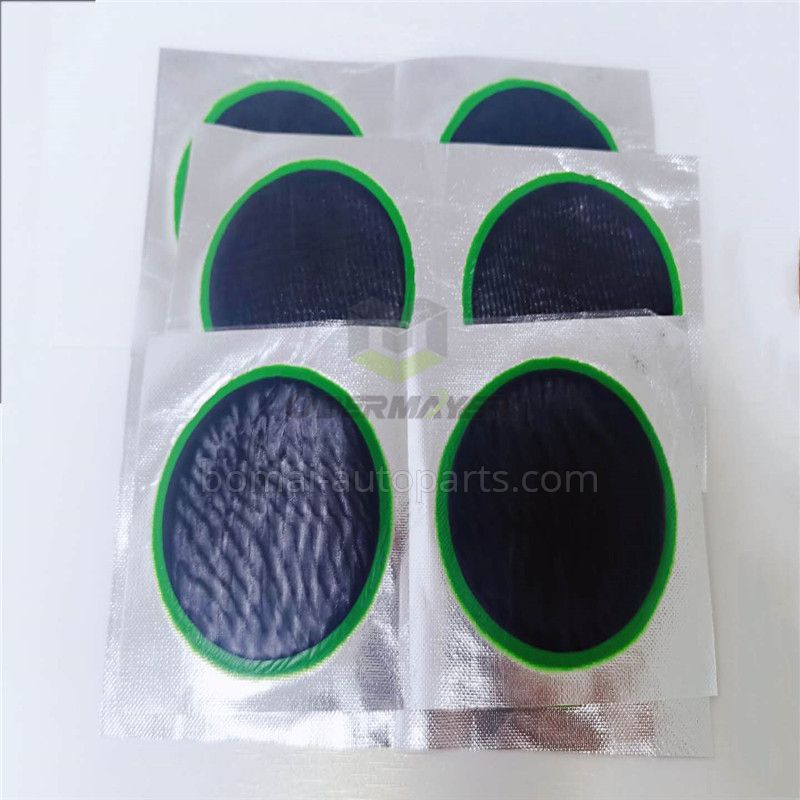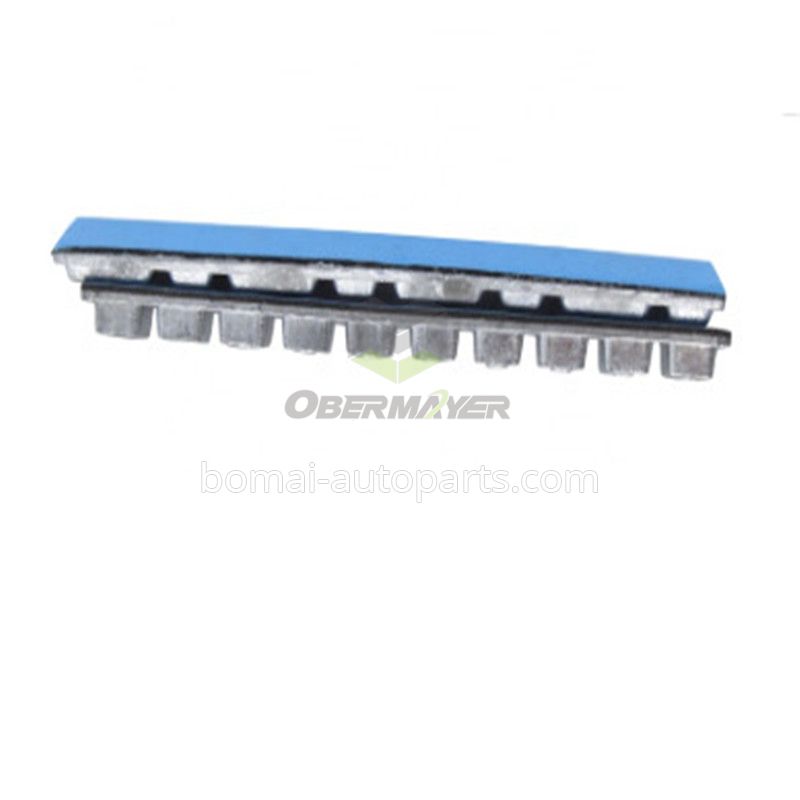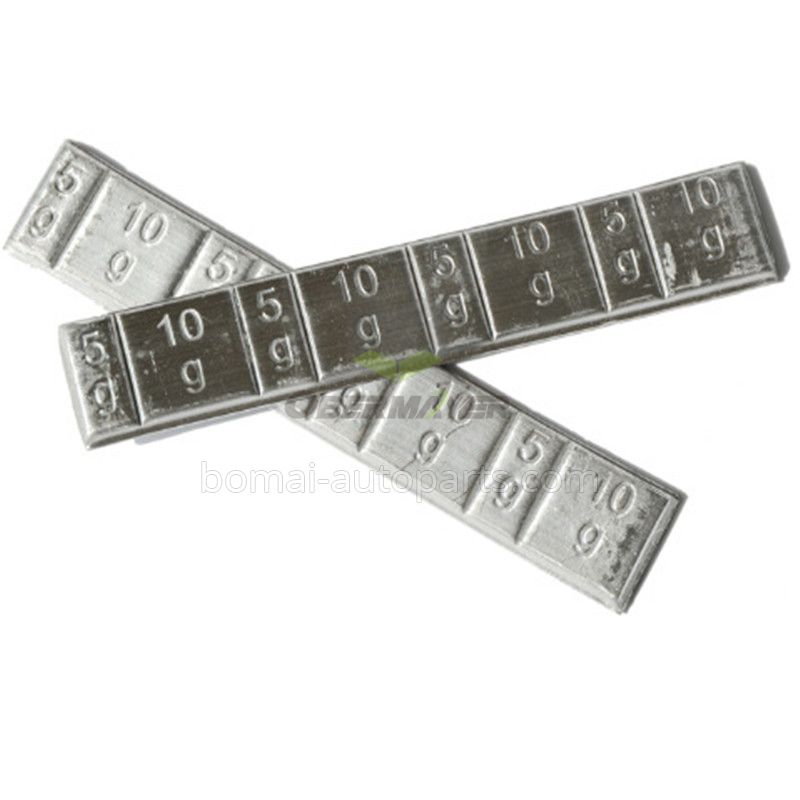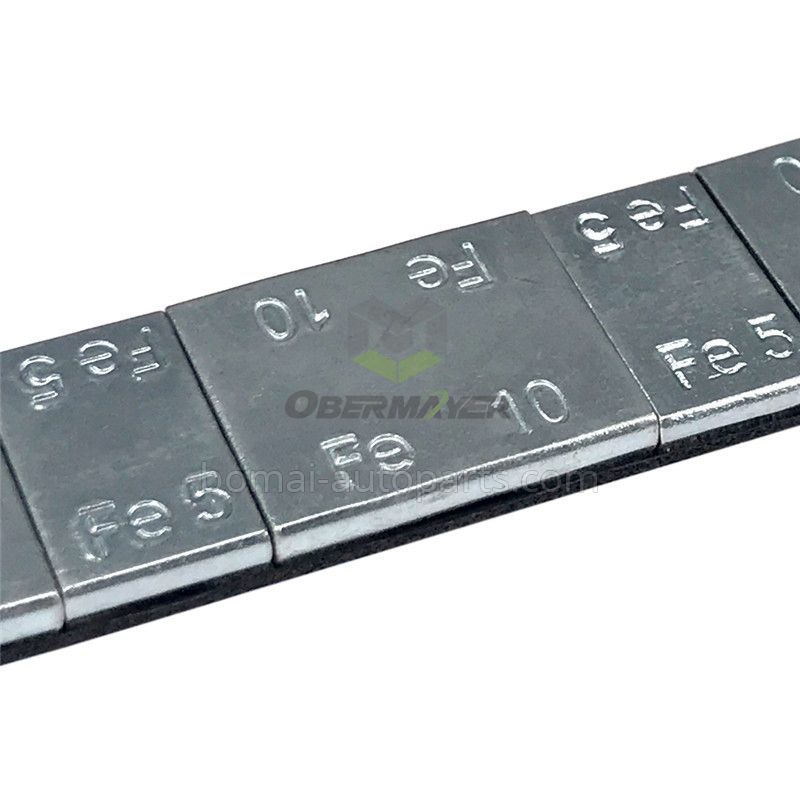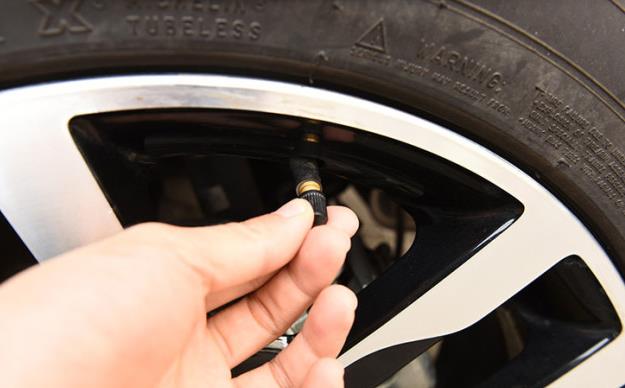Every Other Fill-up, Do These Three Things
If you had access to a car while living at home, chances are your parents took care of its maintenance or offered reminders as to when to take it in for service. When you’re on your own, car maintenance becomes your responsibility. Yes, it can be expensive and time consuming, but the investment you make today will save you money down the road.
Don’t be like the 1/3 of college students who change their oil less than two times a year because they simply forget to do it. Your car won’t magically take care of itself. Get in the habit of regular car maintenance and quit relying on your folks to remind you to get your tires rotated or your oil changed.
Below we take you through some of the rudimentary things you should be doing to ensure your car stays in tip top shape.
Every Other Fill-up, Do These Three Things
Instead of standing at the gas pump and reading the advertisements for a credit card while you wait for your tank to fill, use that time to give your car a quick check-up (and cleaning) by performing three simple tasks:
1. Clean windshield. A dirty, bug-splattered windshield is a safety hazard, as it obscures your view of the road. So give it a regular cleaning. Using the spongy part of the gas station squeegee, soak the whole windshield with the cleaning fluid. Then pull the squeegee tightly from the middle of the windshield to the sides, finishing off the remaining streaks by pulling it top to bottom. This is especially important after an extended drive on the highway when your windshield is littered with insect carcasses and using your car’s washing fluid and wipers to remove them only creates a big, smeary mess that obscures your line of sight even more.
If your headlights are dirty, give them a squeegeeing as well.
Your wipers have a role to play in keeping the windshield clean too, but we’ll talk about them later this week.
2. Check tire pressure. Maintaining proper tire pressure will keep you safe and even save you a little dough. Improperly inflated tires — and this may mean over-inflated or under-inflated — don’t handle or stop as well as tires with the correct pressure. They also increase your chance of a blow out. Plus, tires with the correct pressure have a longer life and increase your fuel efficiency.
Tire pressure is something you have to keep your eye on, as it constantly changes as the tires log miles and the temperature fluctuates. That’s why it’s so important to check it regularly and add air when needed. Some experts say you should do this at every gas fill-up, but just as with the oil check, every other fill-up should be enough to catch any deficiencies before they become big problems.
Checking your tire pressure takes less than two minutes. Here’s how to do it:
For an accurate reading, always check tire pressure when your tires are “cold,” that is before you’ve driven around on them. I only check my tires’ pressure at a gas station when I fill up at the one less than a mile from my house, first thing in the morning. If you’ve already been driving around for awhile, let the tires “rest” for at least four hours before checking the pressure.
Find out the tire pressure recommended for your car (it’s in your owner’s manual and on a panel inside the driver’s side door, as picture above). Always fill the tires to this recommended level, regardless of tire brand, and not to the max PSI found on the tire sidewall – that number indicates the maximum pressure the tire needs to carry its heaviest load, not the tire’s ideal PSI.
Check tire pressure with tire pressure gauge
Fill when needed
3. Check oil level and top off as needed. Motor oil is essential to your car’s performance. Its most important job is to lubricate all the moving parts in your engine so they don’t grind and tear themselves into dysfunction. It also transfers heat away from the combustion cycle and traps and holds all the nasty byproducts of combustion, sending it to the oil filter. If your engine doesn’t have enough oil, your car is at risk of going kaput.
To ensure your car always has enough oil, it’s important to get in the habit of regularly checking it. Your owner’s manual probably recommends that you do this at every gas fill-up, but every other is typically sufficient. Checking your car’s oil level is super easy. All you need is a clean paper towel, adequate light, and about three minutes. You should save this job for last because you need to wait about five minutes after you turn the engine off for the oil to drain back into the pan:



